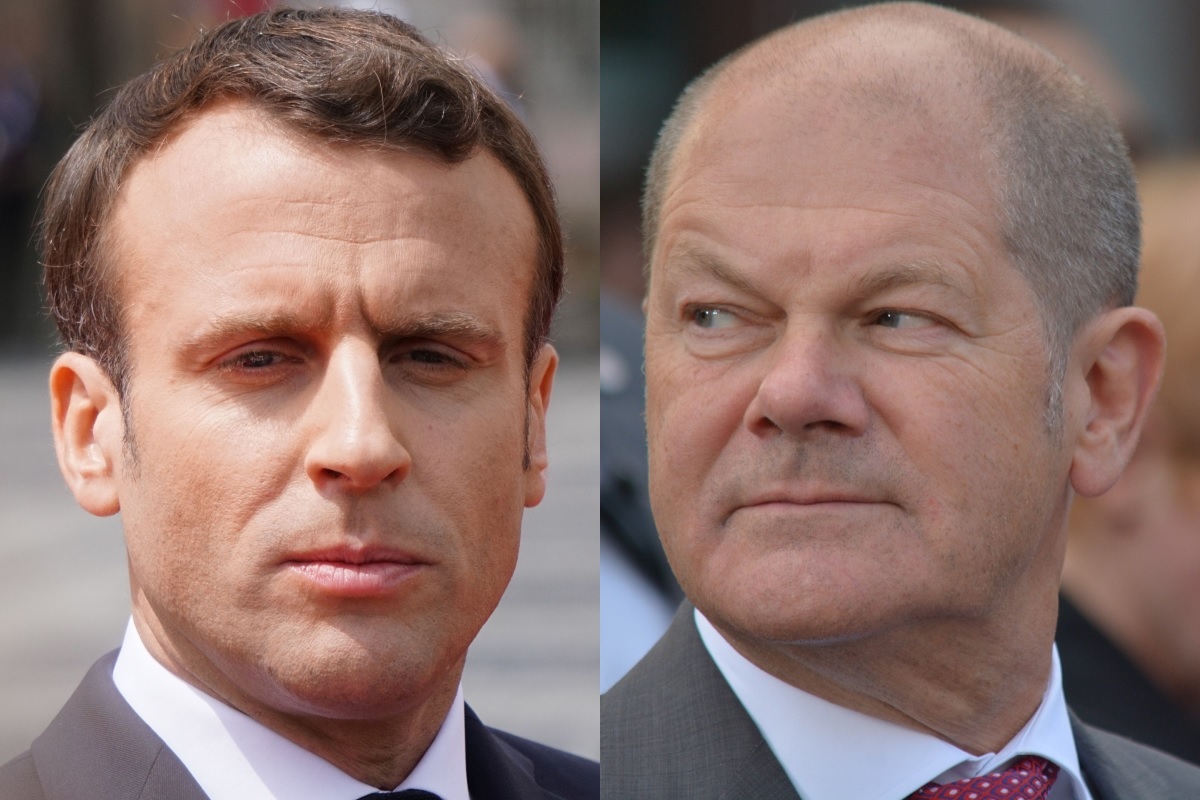Never repeat too much that the more clashes between Berlin and Paris, the better Poland’s political prospects will be.
Apparently, nothing happened that qualitatively changed the operation of the German-French machine, supposedly (as is commonly believed) to set in motion the mechanisms of European policy. However, since the foundations of the European Community began to take shape after World War II, it was recognized that German and French interests in Europe were not the same, and had to clash from time to time. Key in this was the inevitable collision of old German universalism with French Bonapartist nationalism, which de Gaulle revitalized to the point of ridiculousness. But over the years, the two sides developed increasingly sophisticated mechanisms for the daily exchange of information, constant and institutionalized consultations, and skillful masking of conflicts and contradictions.

“Reader. Future teen idol. Falls down a lot. Amateur communicator. Incurable student.”


![Bogusław Wołoszański: “Achieving nuclear weapons would be the beginning of World War III” [WYWIAD]](https://storage.googleapis.com/bieszczady/rzeszow24/articles/image/877236c0-66fd-457a-9eb4-41792f9077ff)




